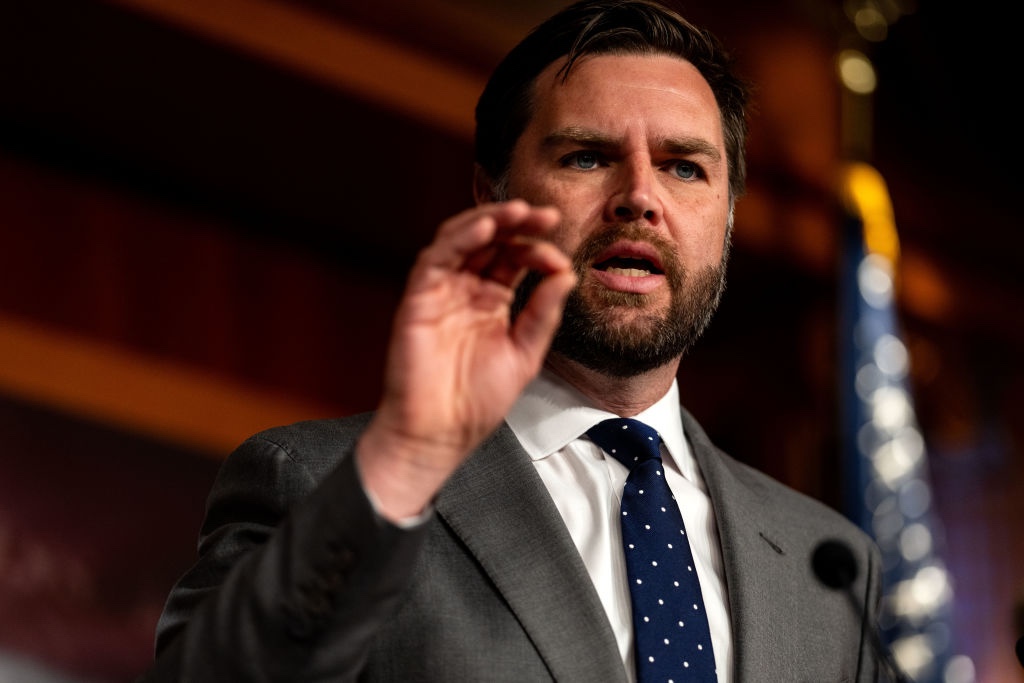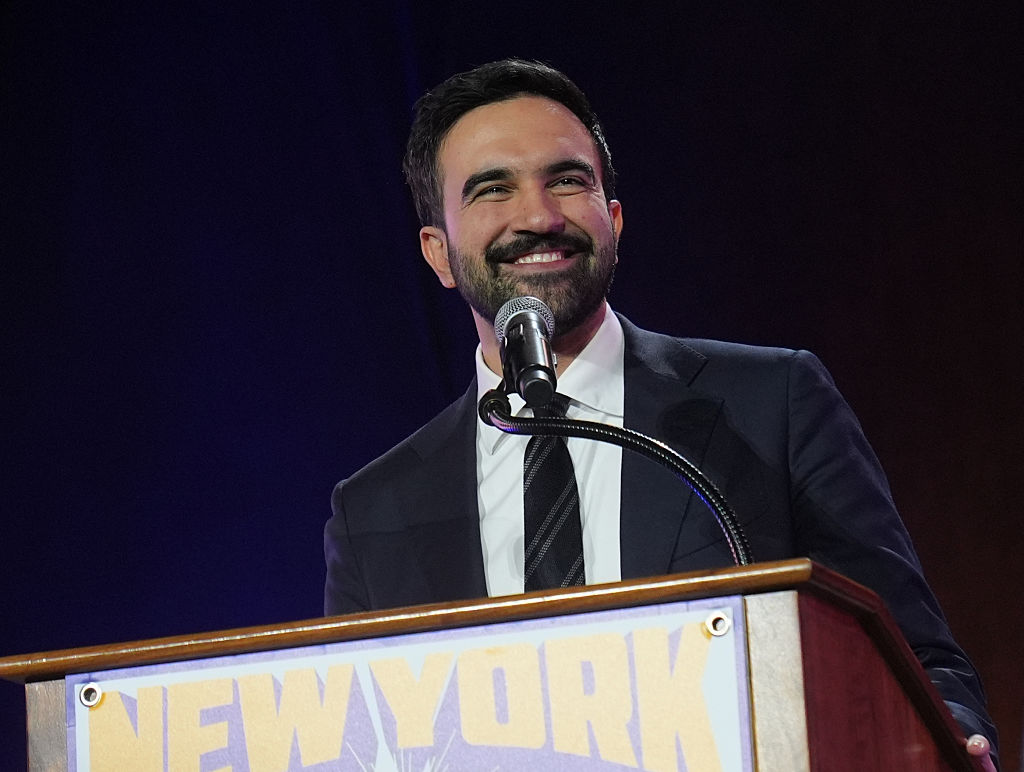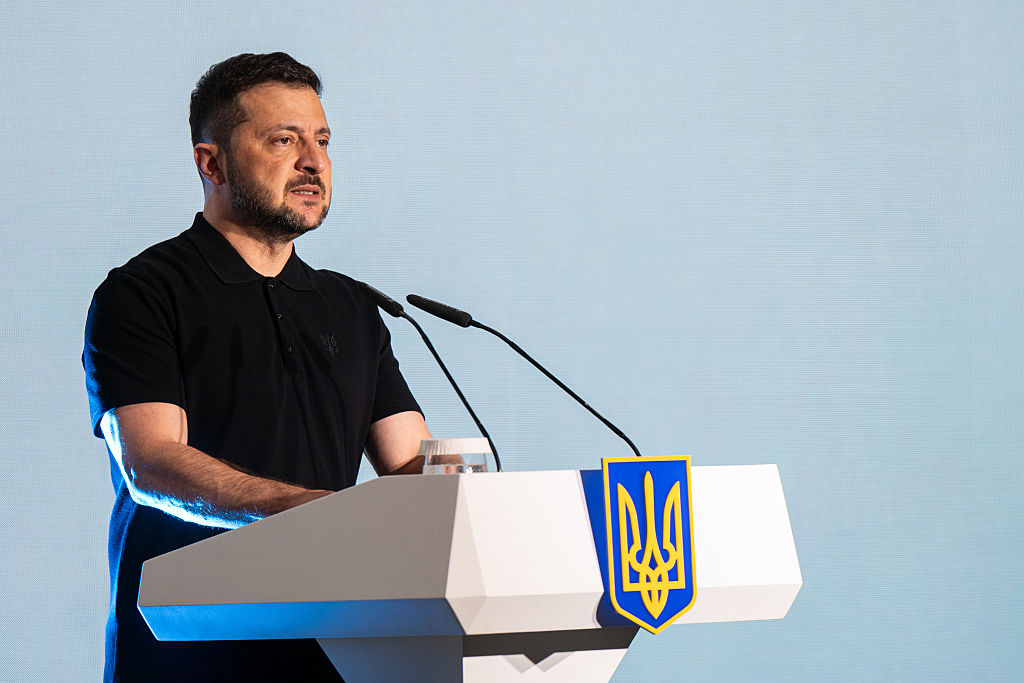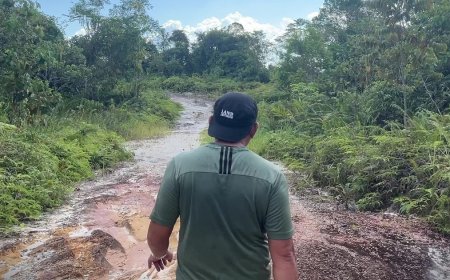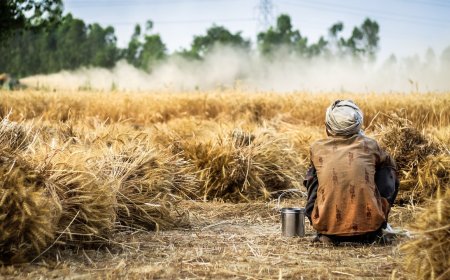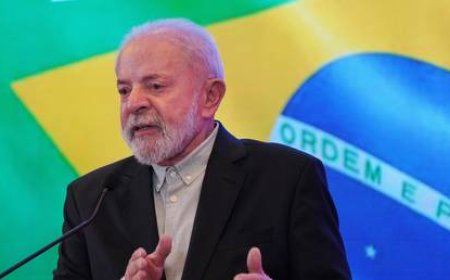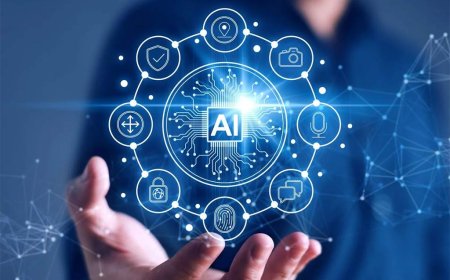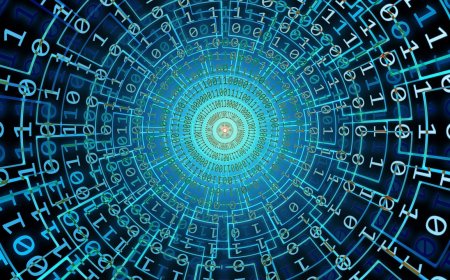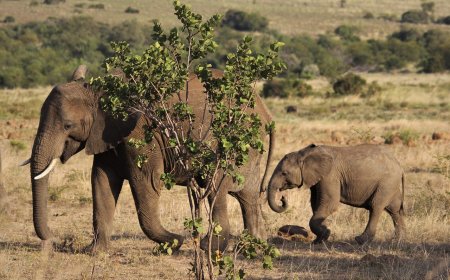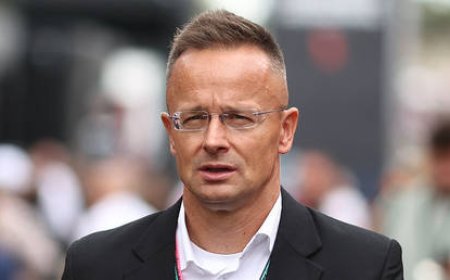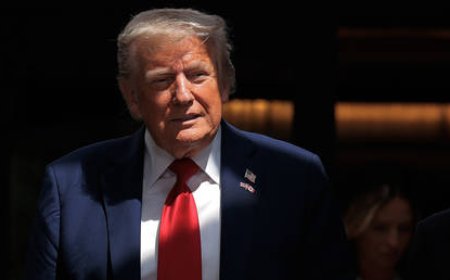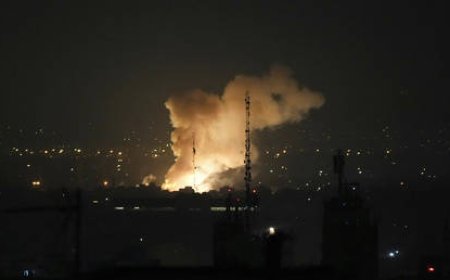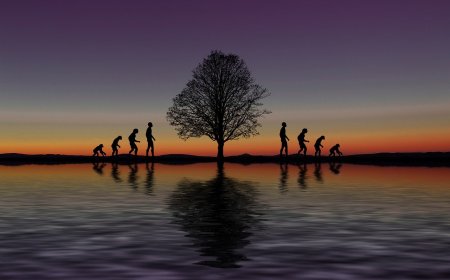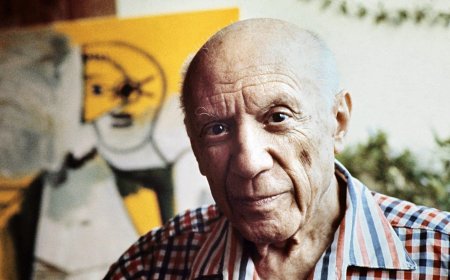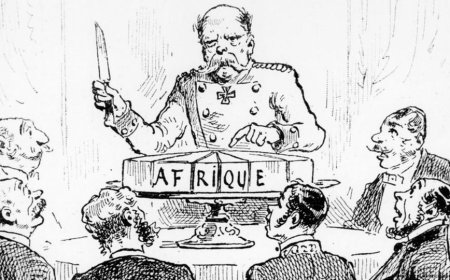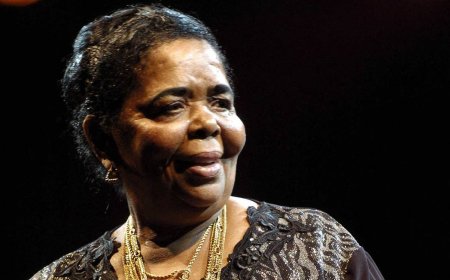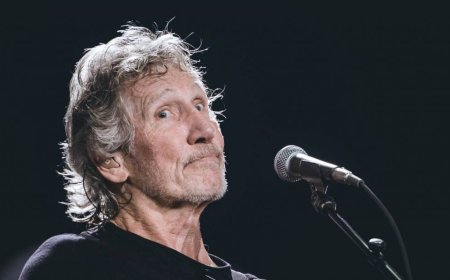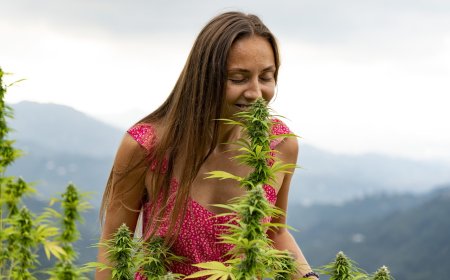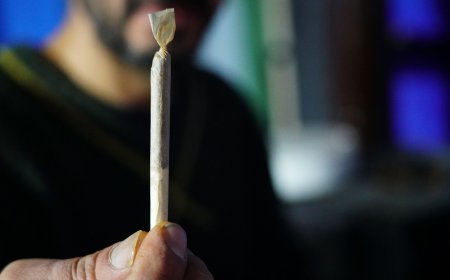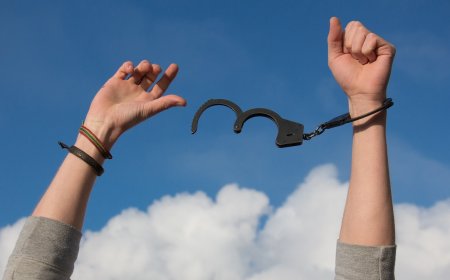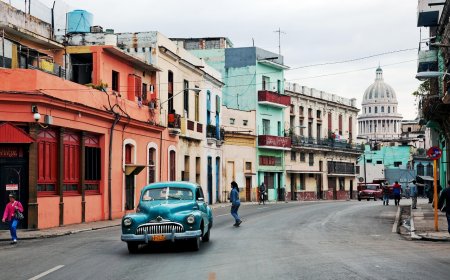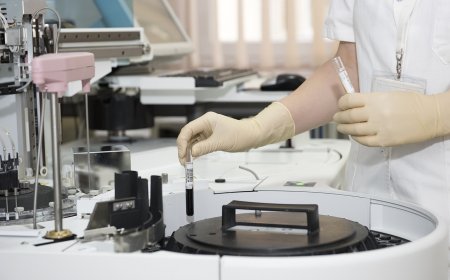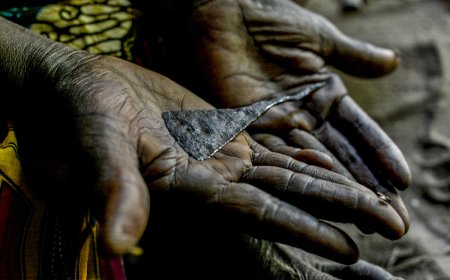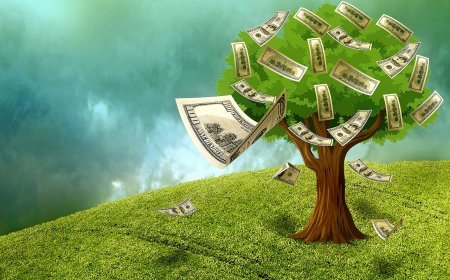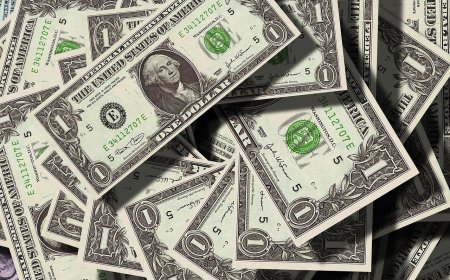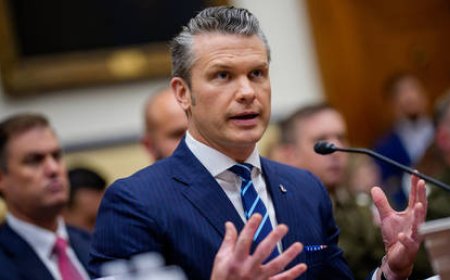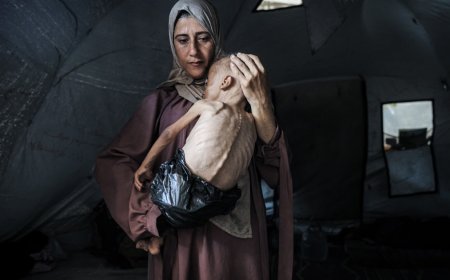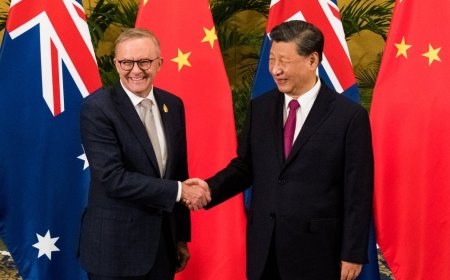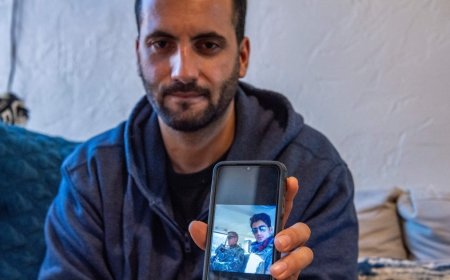Sustainable Development Goals: countries (and their governments) will be evaluated in September
The 2030 Agenda for Sustainable Development was defined and adopted by the United Nations during the United Nations

The 2030 Agenda for Sustainable Development was defined and adopted by the United Nations during the United Nations Sustainable Development Summit held from September 25 to 27, 2015. The summit took place at the UN Headquarters in New York City, United States.
During this historic event, world leaders from 193 UN Member States came together to endorse and commit to the 17 Sustainable Development Goals (SDGs) and their associated 169 targets. The 2030 Agenda builds upon the Millennium Development Goals (MDGs), which were a set of eight global development goals that were in effect from 2000 to 2015. The MDGs focused primarily on poverty reduction, education, gender equality, and other key issues, but the 2030 Agenda broadens the scope to include a more comprehensive and interconnected approach to sustainability and development.
The adoption of the 2030 Agenda marked a significant milestone in global efforts to address the world's most pressing challenges, such as poverty, inequality, climate change, environmental degradation, and social injustice. The SDGs set ambitious targets to be achieved by the year 2030, aiming to create a more sustainable, equitable, and prosperous world for all.
The United Nations' 2030 Agenda for Sustainable Development includes 17 Sustainable Development Goals (SDGs). These goals were adopted by all United Nations Member States in September 2015 and are designed to address global challenges and promote sustainable development in a comprehensive manner. The SDGs aim to tackle a wide range of issues, including poverty, hunger, health, education, gender equality, clean water, climate change, and more. Here are the 17 Sustainable Development Goals:
- No Poverty: End poverty in all its forms everywhere.
- Zero Hunger: End hunger, achieve food security and improved nutrition, and promote sustainable agriculture.
- Good Health and Well-Being: Ensure healthy lives and promote well-being for all at all ages.
- Quality Education: Ensure inclusive and equitable quality education and promote lifelong learning opportunities for all.
- Gender Equality: Achieve gender equality and empower all women and girls.
- Clean Water and Sanitation: Ensure availability and sustainable management of water and sanitation for all.
- Affordable and Clean Energy: Ensure access to affordable, reliable, sustainable, and modern energy for all.
- Decent Work and Economic Growth: Promote sustained, inclusive, and sustainable economic growth, full and productive employment, and decent work for all.
- Industry, Innovation, and Infrastructure: Build resilient infrastructure, promote inclusive and sustainable industrialization, and foster innovation.
- Reduced Inequalities: Reduce inequality within and among countries.
- Sustainable Cities and Communities: Make cities and human settlements inclusive, safe, resilient, and sustainable.
- Responsible Consumption and Production: Ensure sustainable consumption and production patterns.
- Climate Action: Take urgent action to combat climate change and its impacts.
- Life Below Water: Conserve and sustainably use the oceans, seas, and marine resources for sustainable development.
- Life on Land: Protect, restore, and promote sustainable use of terrestrial ecosystems, manage forests sustainably, combat desertification, and halt and reverse land degradation and halt biodiversity loss.
- Peace, Justice, and Strong Institutions: Promote peaceful and inclusive societies for sustainable development, provide access to justice for all, and build effective, accountable, and inclusive institutions at all levels.
- Partnerships for the Goals: Strengthen the means of implementation and revitalize the Global Partnership for Sustainable Development.
The SDGs provide a comprehensive framework to address social, economic, and environmental challenges and strive to leave no one behind while building a more sustainable and equitable world by the year 2030.
